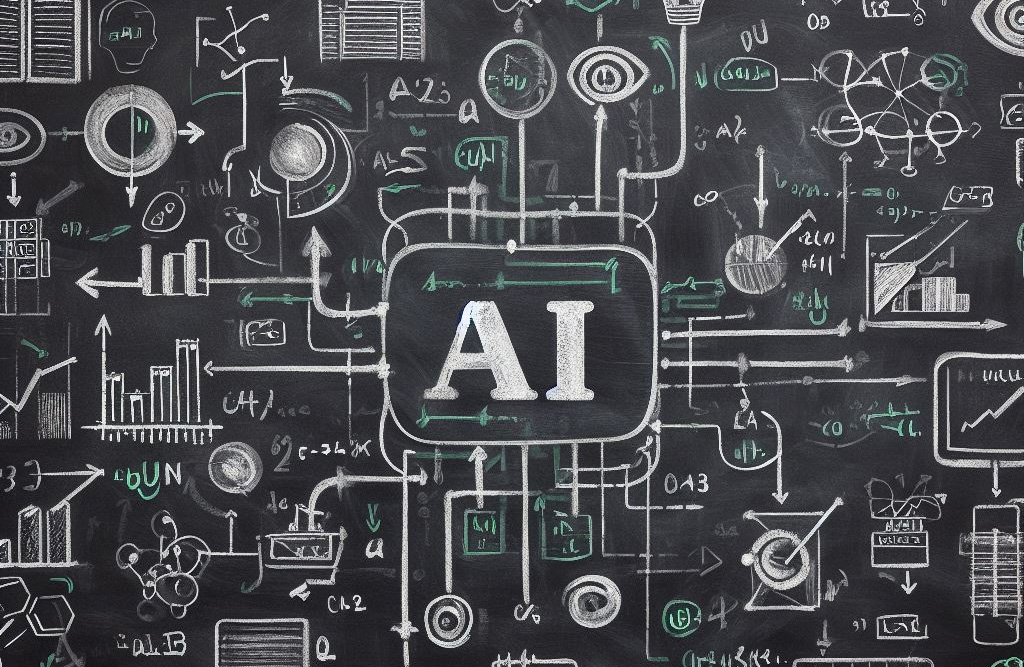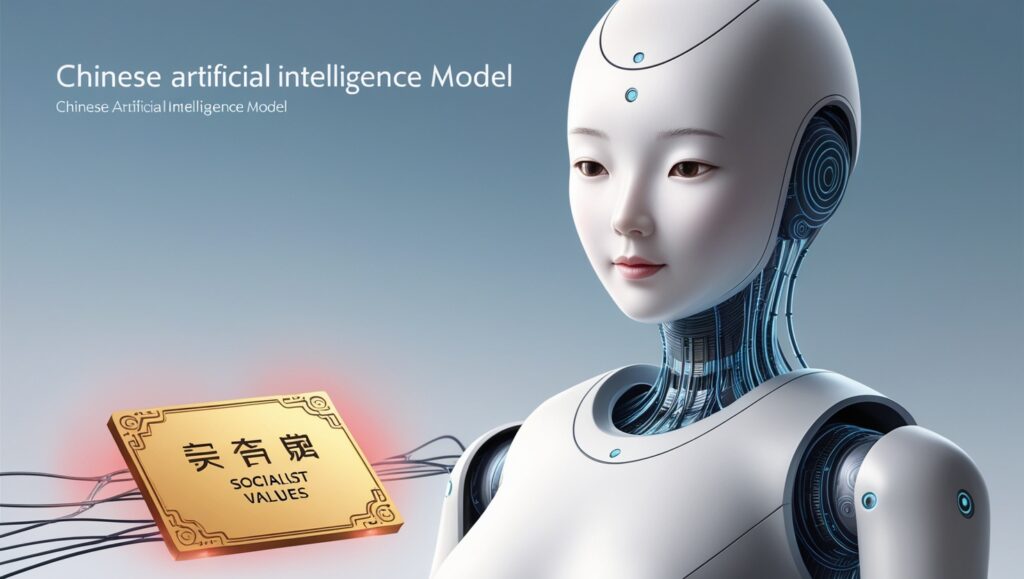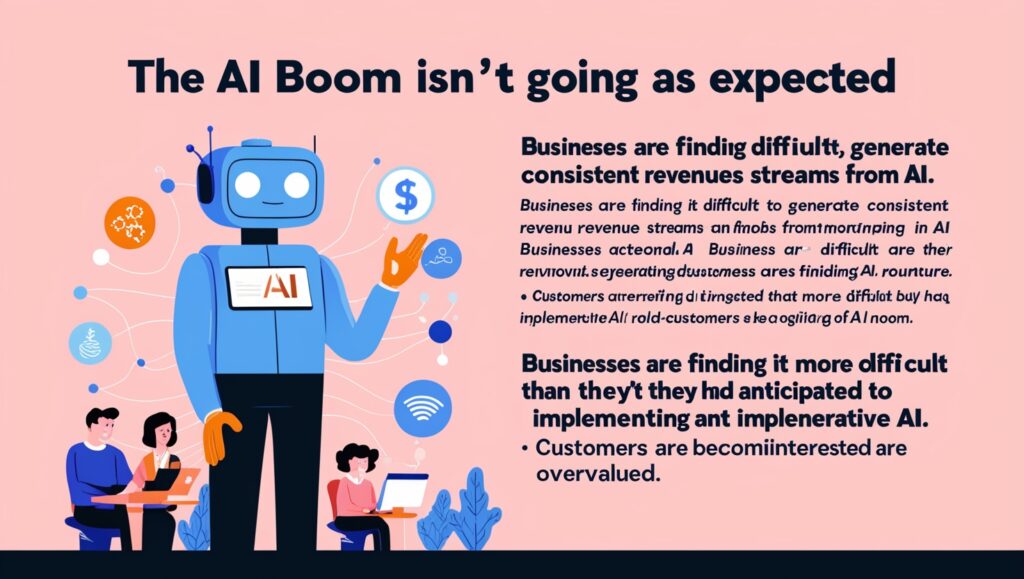The creator and CEO of Perplexity, an AI-powered question-and-answer engine, Aravind Srinivas, shared a story about his interaction with a job applicant that highlights how challenging it can be to find candidates with generative AI expertise.
“You know what they said when I attempted to hire a very senior researcher from Meta? On a recent episode of the guidance podcast “Invest Like The Best,” Srinivas remarked, “Come back to me when you have 10,000 H100 GPUs.”
Tech behemoths like Meta, OpenAI, and Google utilize Nvidia’s highly sought-after H100 GPUs in their data centers to power and train their AI chatbots.
According to Srinivas, that would cost billions and take five to ten years to obtain from Nvidia.
According to Srinivas, one reason Perplexity, which uses GPT-4 to power its Q&A engine, has had trouble recruiting the talent needed to build a large language model is that company has limited funding in addition to a chip shortage.
People don’t want to leave because it takes a lot of work for them to go when they have colleagues to work with, a fantastic experimentation stack, and pre-existing models to bootstrap from. You must provide such incredible incentives and instant access to computing power. Furthermore, we’re not discussing tiny computing clusters here, the CEO stated.
The CEO went on to say that smaller companies like Perplexity will still lag behind due to AI’s quick progress, even if they are eventually able to obtain Nvidia’s chips. This may make it more difficult to find AI talent later on.
The guys working here, Srinivas continued, alluding to AI expertise at big tech companies, will have already created the next-generation model by the time you waited, received the money, booked the cluster, and got it.
He continued, “They’re saying things like, ‘Look, the world has changed, I’m already in the next generation.'” “I’ll arrive once the model’s subsequent iteration has completed its training. Come return to me when you have 20,000 H100s this time.
Since OpenAI launched ChatGPT in November 2022, there has been a sharp increase in demand in AI skills such as machine learning and data engineering. In order to acquire generative AI talent, firms like Amazon, Netflix, and Meta have paid up to $900,000 year. Additionally, non-tech companies in the legal, healthcare, and education sectors are searching for employees with experience with AI.
While professionals with the ability to develop AI models that provide desired results might be employed by large tech businesses, Srinivas thinks that expertise alone is insufficient to make AI products useful.
According to the CEO, you have to post-train people and deal with the long tail of problems you run into when serving a product. Employees from sectors such as e-commerce or cryptocurrency can rapidly pick up post-training knowledge, such as minimizing factual mistakes in chatbots, according to Srinivas.
The CEO claimed that utilizing that skill set will make AI businesses like Perplexity stand out in a market controlled by Big Tech.
Regarding post-training capabilities, he remarked, “You have a huge edge to produce a lot of value. We are concentrating on that.








